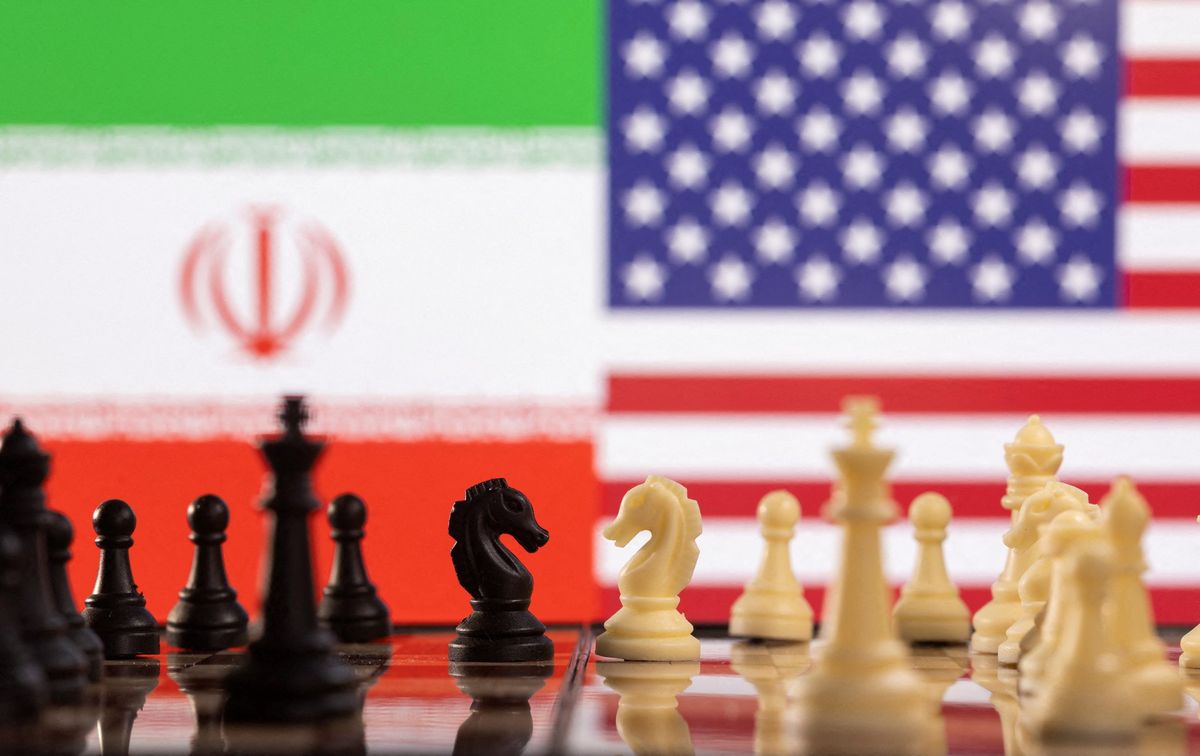Iran nuclear talks in “very final stages," says US State Department

A few minutes every morning is all you need.
Stay up to date on the world's Headlines and Human Stories. It's fun, it's factual, it's fluff-free.
The backstory:
- The Joint Comprehensive Plan of Action (JCPOA), also known as the Iran nuclear deal, is an international agreement reached in 2015 between Iran and the P5+1 and the European Union.
- The P5 includes France, Russia, China, the United Kingdom and the United States. With Germany, the group is dubbed the P5+1.
- The agreement’s purpose was to delay Iran’s development of nuclear weapons by making sure that the country agreed to limit its nuclear activities. It also involved allowing for some monitoring systems for the P5+1 to ensure that Iran was adhering to the agreement.
- In exchange for agreeing to limit their nuclear activities, the West (and primarily the US) would give Iran billions of dollars in sanctions relief, which is a massive deal for Iran’s struggling economy.
- But, in 2018, the Trump administration pulled the US out of the JCPOA, trying to put more pressure on Iran by increasing sanctions and hoping to bring them back to the negotiating table in a weaker position.
- Instead of Iran coming back to the table, though, it actually accelerated its uranium enrichment. Now, according to experts, Iran has reportedly enriched uranium to 60%.
- Since early December of last year, officials from the P5+1 and Iran have been in talks to try and return to the Iran nuclear deal.
The development:
- So there have been various reactions and responses to the talks, with US Secretary of State Antony Blinken in the early phases of negotiations saying that Iran didn’t seem to be serious about coming to an agreement.
- To make matters more complicated, Iran won’t meet with the US after Trump pulled out of the deal, leaving other (mainly European) members shuffling between the US and Iran.
- And on Wednesday, US State Department spokesperson Ned Price said that the US is in “the midst of the very final stages" of indirect talks with Iran. Price added, “This is really the decisive period during which we’ll be able to determine whether a mutual return to compliance with the JCPOA is in the offing, or if it’s not."
- “We have reached [a] tipping point now. It’s not a matter of weeks; it’s a matter of days," French Foreign Minister Jean-Yves Le Drian told Parliament.
- “Political decisions are needed from the Iranians. Either they trigger a serious crisis in the coming days, or they accept the agreement which respects the interests of all parties."
- Iran’s lead nuclear negotiator Ali Bagheri Kani responded in a tweet, calling on the negotiating parties “to be realistic, avoid intransigence and heed lessons of past 4yrs. Time for their serious decisions. After weeks of intensive talks, we are closer than ever to an agreement; nothing is agreed until everything is agreed, though."
You drive the stories at TMS. DM us which headline you want us to explain, or email us.







Comments ()